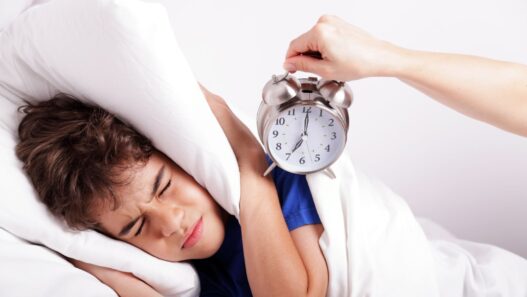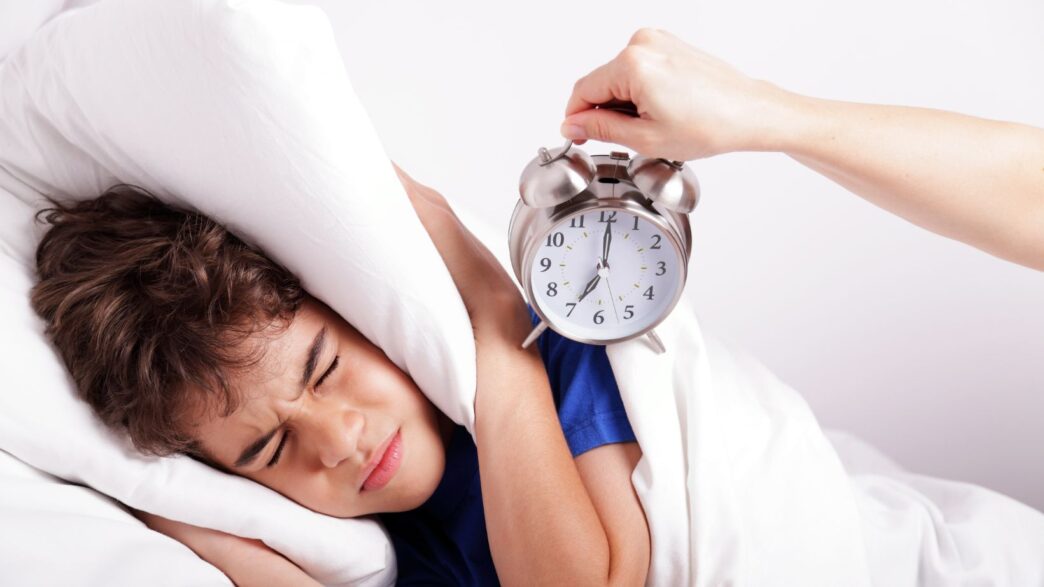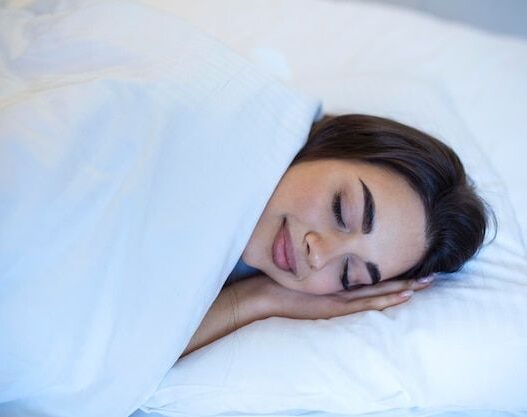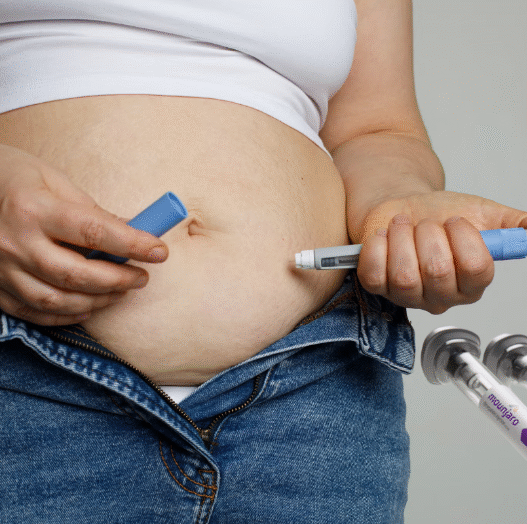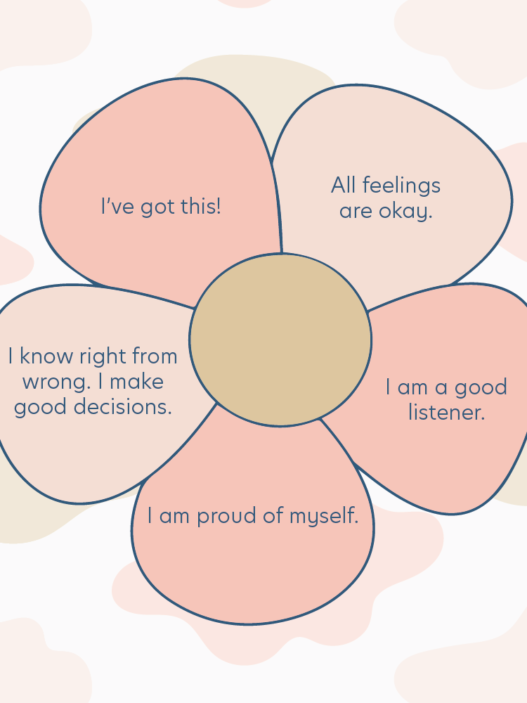You have the best of intentions when you set your alarm clock the night before. However, something needs to give if you’re having trouble getting out of bed and pushing snooze repeatedly. So, how to wake up early in the morning?
According to John Cline, PhD, a certified clinical psychologist with a focus on sleep medicine who works out of Cheshire, Connecticut,
“Some people have an easy time falling asleep earlier in the evening, and they’re most likely to wake up in the morning naturally. But this doesn’t apply to everyone,”,
Your body contains the secret. Your genetic composition determines your chronotype, or intrinsic circadian rhythm and normal sleep cycle.
According to Michelle Drerup, PsyD, a psychologist and head of the Cleveland Clinic’s Behavioral Sleep Medicine Program, these schedules range from one extreme (“early birds”) to the other (“night owls”), and everything in between.
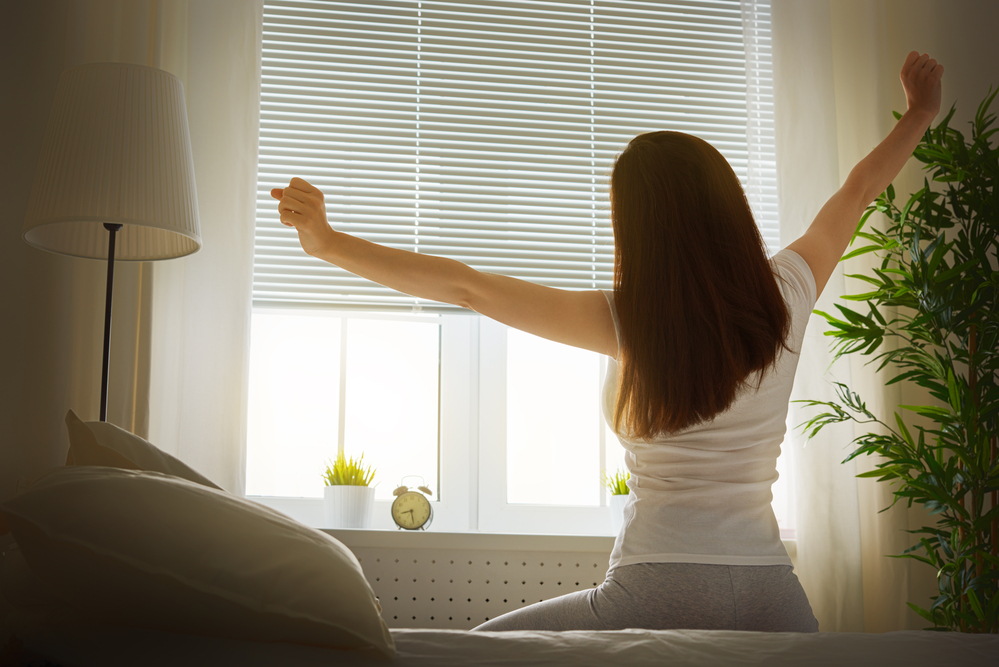
Here are some ways on how to wake up early in the morning:
Gradually Adjust Your Wake-Up Time
Slow and steady wins the race. This implies that you should not change your wake-up time from 9 a.m. to 7 a.m. in a single day. Your body won’t get enough sleep if you cut back on your sleep, and the reset won’t last.
Changing your sleep cycle gradually, in 15- to 20-minute increments, is the most effective method. Before you move an extra 15 to 20 minutes, you should ideally give yourself at least three nights to adjust to the new routine, she advises.
In light of this, the transition to an hour earlier wake-up time should take a little more than a week.
Avoid Getting Too Much Sleep on the Weekends
You might fantasize about sleeping in on Saturday if you’re exhausted by the time Friday arrives. However, sleeping until 11 a.m. on the weekend will disrupt your natural body clock and undo all of your hard work throughout the week.
This also holds true for those who work from home on hybrid workdays and sleep in late. A regular bedtime on the weekends appears to promote greater sleep and easier waking during the week, per research published in the journal Chronobiology International.
However, Drerup advises limiting your weekend sleep-in to just one extra hour if you’re going to indulge.
Limit Your Use of Alcohol and Caffeine
Caffeine can interfere with sleep even if ingested six hours before bedtime. Similarly, studies have shown that drinking alcohol in the hours leading up to bedtime disrupts sleep.
Feeling tired in the morning and hitting the snooze button are indications of disrupted sleep. These characteristics make it ideal to limit or avoid alcohol and caffeine, especially in the nights when you’re trying to get out of bed easier.
If you decide to continue using caffeine, be mindful of when you do so.
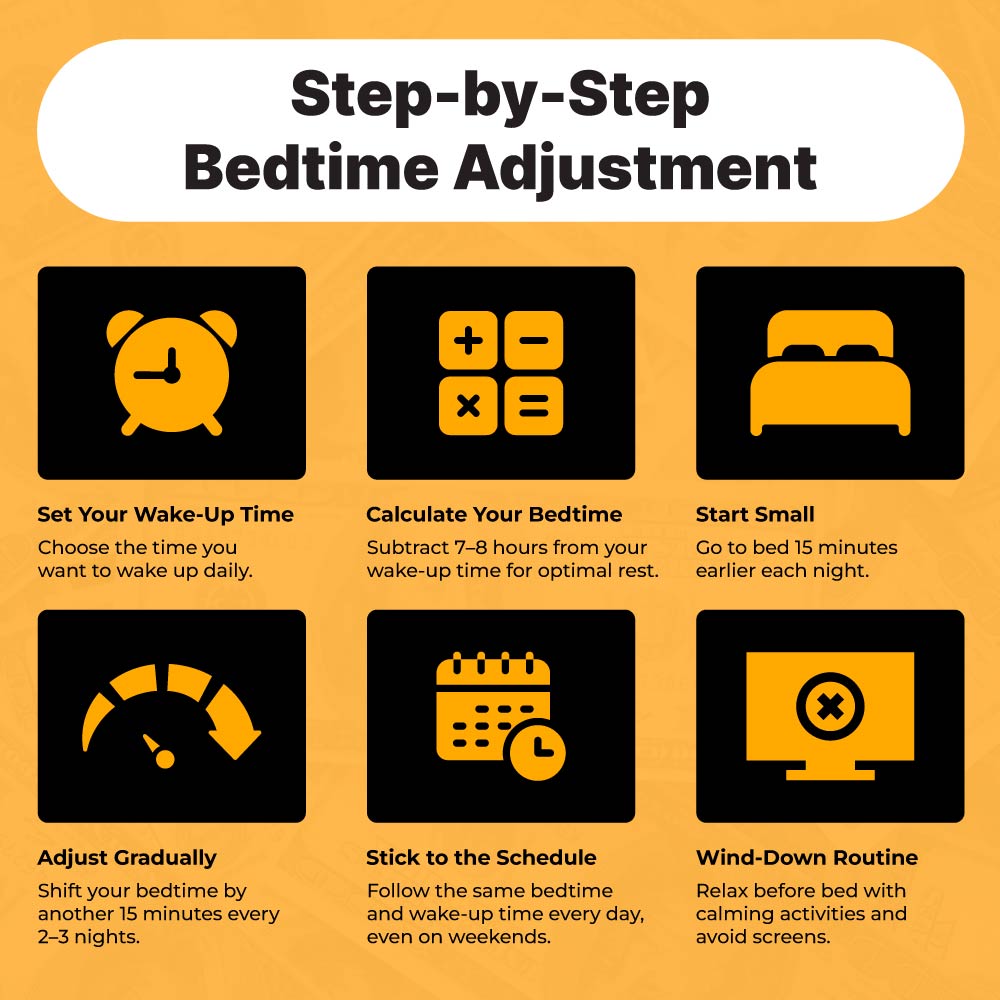
By limiting their caffeine intake to before 2:00 p.m., participants who tended to sleep and wake up later were able to change their sleep routine earlier.
Have a nutritious breakfast
Participants in one study reported feeling more awake after eating a breakfast heavier in carbohydrates that did not raise blood sugar levels.
Whole grain bread, whole grain bran flakes, steel-cut oats, and the majority of fruits and vegetables are good sources of carbs that won’t raise blood sugar levels and is a great and healthy breakfast.
Avoid choosing a high-carbohydrate breakfast that is either high in sugar or highly processed, as this made study participants feel less alert. White breads, bagels, donuts, and the majority of breakfast cereals are likely to cause blood sugar spikes.
Obtain Exposure to Morning Light
A person’s sleep cycle can also be shifted by exposing them to bright light in the morning, which will cause their wake and sleep times to move earlier. Try to spend as much time outside in the morning as you can to optimize light exposure. You might think about working out outside or having breakfast in the sun.
If the weather or your work schedule prevent you from stepping outside in the morning, you might want to look into bright light treatment. Sitting in front of a lamp or light box that emits bright light is known as bright light therapy.
In conclusion
There is no masochistic way to demonstrate your greatness as a person by rising early. Never listen to someone who tells you otherwise. So, how to wake up early in the morning?
It’s merely a tool that enables you to begin your day with greater intention and positivity. In order to prepare yourself for a good day on all levels, mentally, physically, and emotionally, it allows you time to concentrate on yourself.
When you are developing your plan, have that in mind. Pay attention to the positive aspects. You want it to be something you like rather than something you fear, and there’s a straightforward trick you can apply to completely change your mind.






